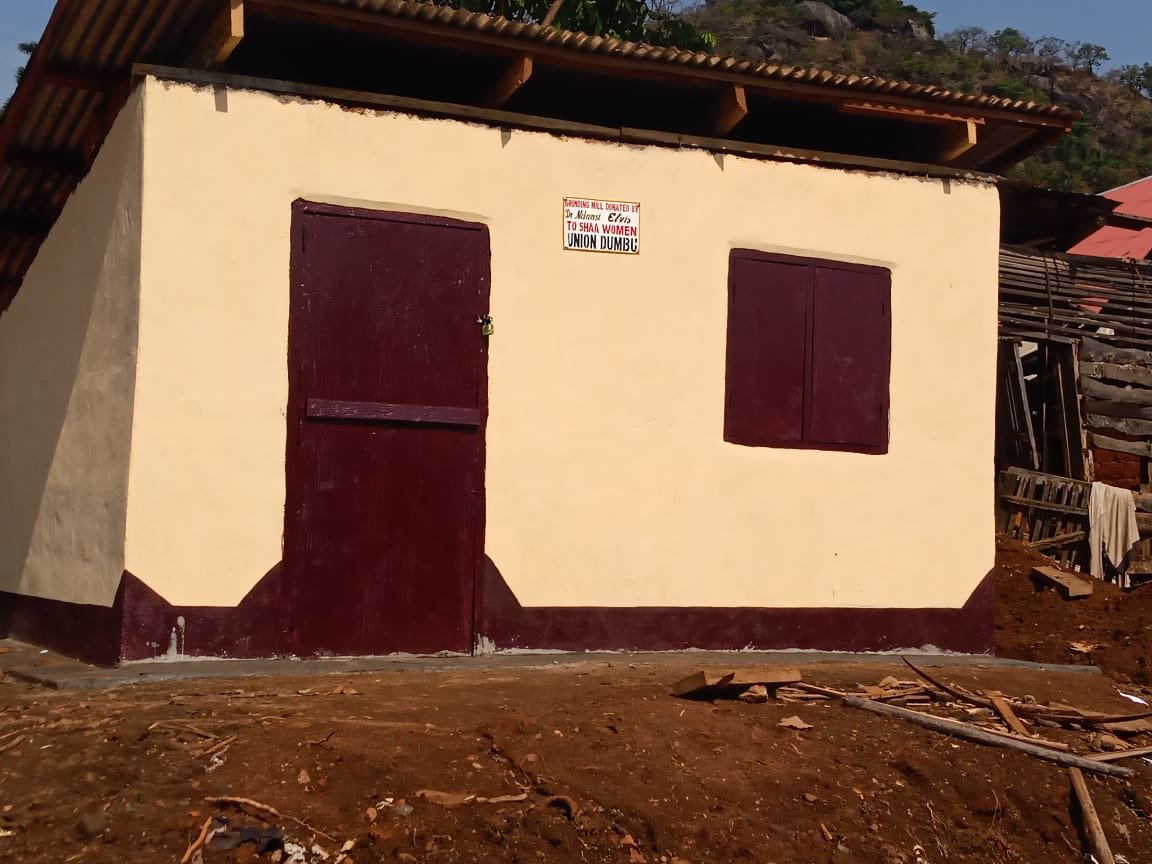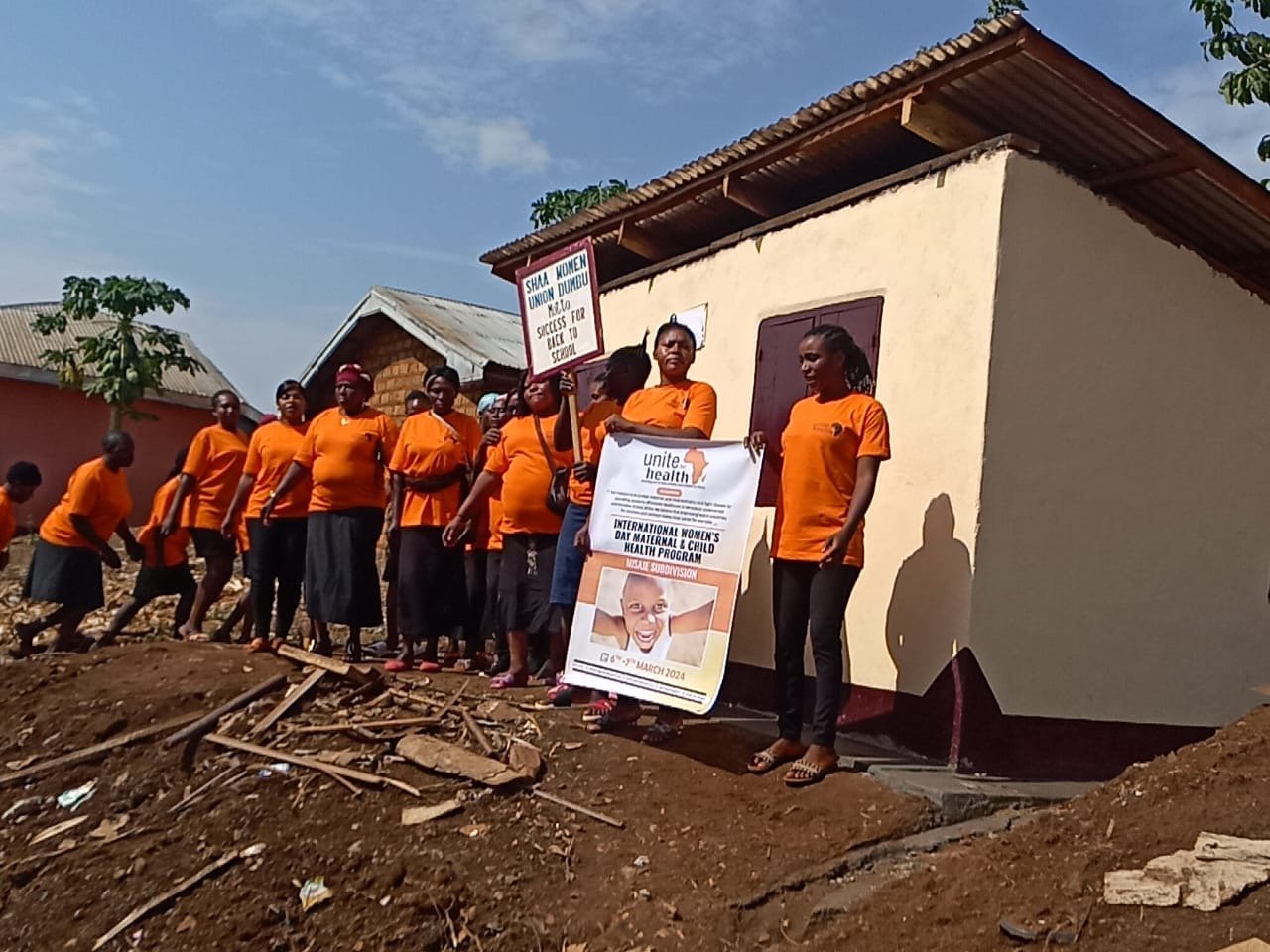In 2013, our founder created the first Shaa Festival to prevent disease and support women.
‘Shaa’ is a much-loved drink made with or without alcohol by women in Misaje and the neighboring villages in NW Cameroon. Its main ingredient is local corn and it is traditionally drunk from a cup that is rinsed in a bucket of water and reused by the next person. A ritual that can easily spread cholera, typhoid, or tuberculosis.
Women compete for cash prizes and learn life-saving rules of hygiene.
Our founder, Elvis Ndansi, grew up in Misaje and was concerned about his community’s health. He created the first Shaa Festival, now an annual event, to celebrate the women shaa-makers by awarding generous prizes while teaching basic hygiene. Every year, he donates buckets adapted with taps at the bottom so that cups can be rinsed in clean running water after each use.
A committee of men taste and grade the shaa and announced the top three finalists from each zone. Elvis encourages the winners to invest their prize money in their children’s education.
The added bonus every year is free shaa for everyone to share – without sharing diseases.
(Below) In September 2023, the Sixth Annual Shaa Festival successfully concluded with cash prizes for the winners and back-to-school gifts for 20 orphan children.
(Below) In 2022, the Fourth Edition of the Shaa Festival had 62 women producers competing for cash prizes. The winner, and the runner up (who was pregnant) were thrilled with the unexpected income.
Motivated to win, women formed a union.
After the first Shaa Festival, the women in Misaje decided to form a union to better compete in the festival. Women in nearby Dumbu did the same.
A more efficient way to grind corn.
One critical and costly element of shaa production is grinding the corn. When Elvis decided to donate a grinding mill, the union needed a place to put it. One of the women gave a piece of land and they all got to work. The women molded blocks out of local soil and, with the help of some men, they constructed a building and installed the mill.
Women Union Dumbu’s grinding mill building.
Ater the corn has undergone its four-day fermentation process, the women can now grind it themselves. It used to cost about 50 cents to grind enough corn to prepare 20 liters of shaa but now each registered member pays half that.
Nonmembers can grind their own corn for a fee. At the end of the year, the revenue generated will be shared among union members to pay their children’s school fees or medical bills.
The union can also loan money to members in times of difficulties. Shaa production has truly become a collaborative community effort, launched by the desire to win the festival’s valuable prizes.
“I will spend the money to pay for my children’s school fees, their books, everything for them.”

























